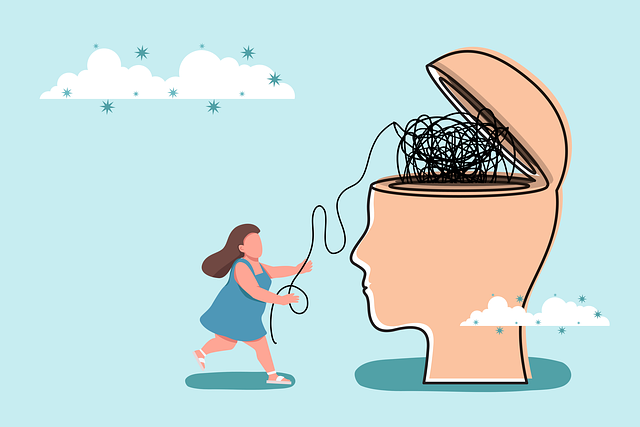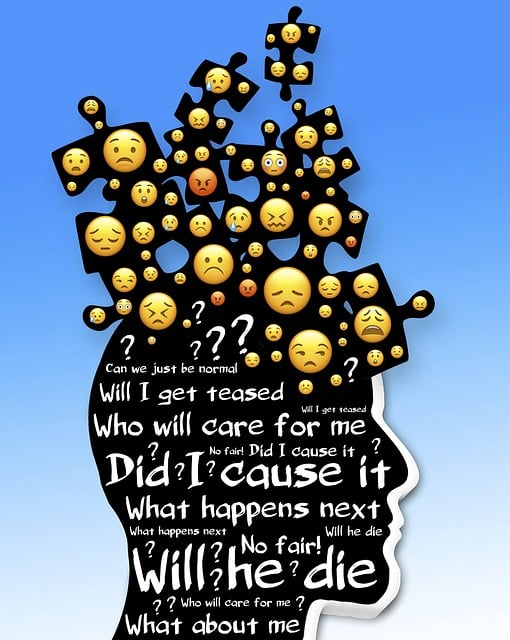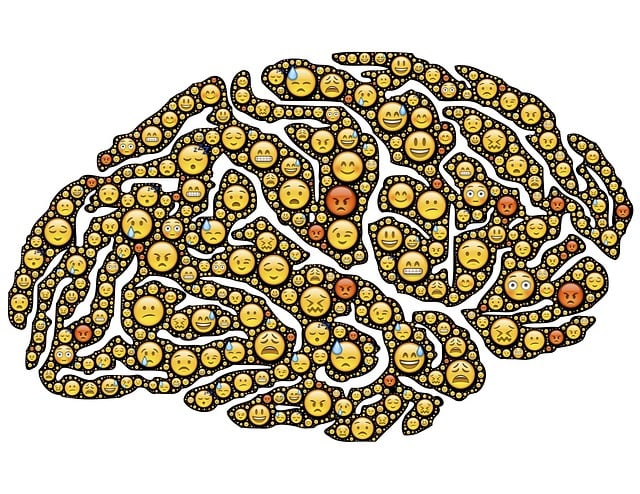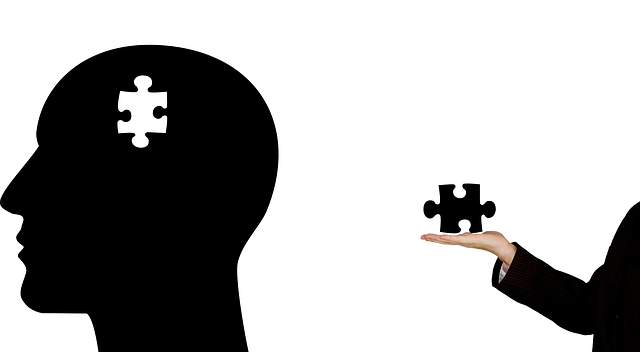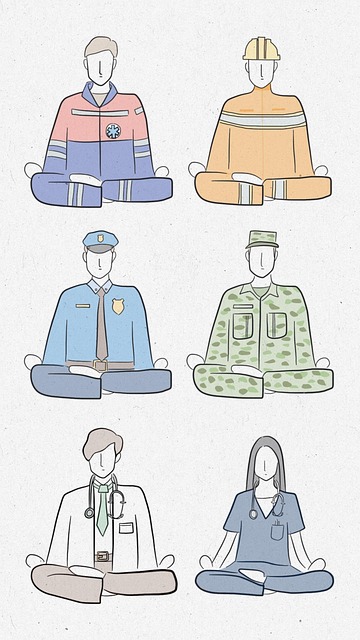In Denver's drug abuse-substance abuse therapy landscape, addressing social skills is crucial for holistic mental health treatment. Individuals with depression, anxiety, and similar conditions often face social challenges that exacerbate their symptoms. Social skills training offers a unique approach, teaching crisis intervention, stress reduction, and conflict resolution tailored to individual needs. By integrating this training with evidence-based methods like cognitive behavior therapy (CBT), Denver Drug Abuse-Substance Abuse Therapy enhances mental health outcomes and promotes meaningful connections. This comprehensive approach not only improves emotional well-being but also aids in Mental Illness Stigma Reduction and ensures culturally competent care for diverse backgrounds.
Social skills training is a powerful tool for improving mental health outcomes, especially for those navigating conditions like anxiety, depression, or schizophrenia. This comprehensive guide explores the intricate link between social abilities and psychological well-being, delving into specific challenges faced by individuals with mental health issues in their daily interactions. We highlight Denver Drug Abuse-Substance Abuse Therapy’s innovative approach to social skills training, offering effective strategies such as CBT techniques, mindfulness exercises, role-playing, and more. Learn how building support networks can foster social connection and positively impact mental health.
- Understanding the Link Between Social Skills and Mental Health
- Identifying Challenges in Social Interaction for Individuals with Mental Health Conditions
- The Role of Denver Drug Abuse-Substance Abuse Therapy in Social Skills Training
- Effective Strategies for Enhancing Social Skills
- – a. Cognitive Behavioral Therapy (CBT) Techniques
Understanding the Link Between Social Skills and Mental Health

The connection between social skills and mental health is a significant aspect often overlooked in traditional therapy settings. Many individuals struggling with mental health conditions, such as depression, anxiety, or even Denver drug abuse-substance abuse therapy cases, face challenges in their ability to interact and connect with others. This isolation can exacerbate existing symptoms and make it harder for them to seek help or maintain healthy relationships. Understanding this link is crucial in developing effective support systems.
Social skills training offers a unique approach to addressing these issues by providing tools and techniques to navigate social interactions more effectively. It involves teaching individuals crisis intervention guidance, stress reduction methods, and conflict resolution techniques tailored to their specific needs. By enhancing their ability to communicate, assert themselves, and manage emotions in social contexts, this training empowers them to build healthier relationships, improve self-esteem, and reduce the impact of social anxiety or avoidance behaviors.
Identifying Challenges in Social Interaction for Individuals with Mental Health Conditions

Individuals with mental health conditions often face unique challenges when it comes to social interactions. This can be attributed to a variety of factors, including symptoms of their condition, medication side effects, and past traumatic experiences that may have led to social withdrawal or anxiety in social settings. For instance, someone struggling with depression might find it difficult to initiate conversations or maintain eye contact, while an individual dealing with anxiety disorders could experience rapid heartbeat and excessive sweating in social situations, making it hard for them to engage comfortably.
In Denver, where drug abuse-substance abuse therapy services are readily available, understanding these challenges is crucial for effective support. Mental wellness coaching programs development often incorporates strategies tailored to risk management planning for mental health professionals, focusing on stress management techniques. These approaches help individuals build resilience and confidence in social situations, enhancing their overall mental wellness.
The Role of Denver Drug Abuse-Substance Abuse Therapy in Social Skills Training

Denver Drug Abuse-Substance Abuse Therapy plays a pivotal role in social skills training for individuals managing mental health conditions. Beyond addressing substance use disorders, this specialized therapy focuses on enhancing communication, empathy, and interpersonal interactions – crucial components for rebuilding social connections often damaged by conditions like depression or anxiety. By incorporating evidence-based techniques tailored to each individual’s unique needs, therapists foster an environment where clients can safely practice new skills, build resilience, and develop healthier coping mechanisms in diverse social settings.
Integrating Denver Drug Abuse-Substance Abuse Therapy with initiatives such as Healthcare Provider Cultural Competency Training and Stress Management Workshops Organization amplifies its impact. This comprehensive approach ensures that participants not only learn effective social skills but also gain insights into navigating cultural differences and managing stress, contributing to improved mental well-being and enhanced integration back into their communities.
Effective Strategies for Enhancing Social Skills

Social skills training plays a pivotal role in enhancing the lives of individuals dealing with mental health conditions, particularly those seeking Denver Drug Abuse-Substance Abuse Therapy. Effective strategies for boosting social skills can significantly improve emotional well-being promotion techniques and even depression prevention. One powerful approach is cognitive behavior therapy (CBT), which helps clients identify and challenge negative thought patterns that may isolate them from social interactions. CBT provides practical tools to navigate conversations, read social cues, and build meaningful connections.
Additionally, role-playing exercises simulate real-life scenarios, empowering individuals to practice communication strategies in a safe environment. Group therapy sessions offer a supportive network where participants can learn from each other’s experiences, fostering a sense of belonging and reducing feelings of loneliness. By integrating these evidence-based methods, social skills training becomes a transformative journey towards rebuilding relationships, improving confidence, and achieving better mental health outcomes, especially when tailored to the unique needs of clients in Denver Drug Abuse-Substance Abuse Therapy programs.
– a. Cognitive Behavioral Therapy (CBT) Techniques

Social skills training is an integral component of treating mental health conditions, particularly in conjunction with evidence-based practices like Cognitive Behavioral Therapy (CBT). CBT techniques focus on identifying and modifying negative thought patterns and behaviors, empowering individuals to manage their mental health effectively. By combining these therapeutic approaches, healthcare providers can offer comprehensive care tailored to each patient’s unique needs.
In the context of Denver Drug Abuse-Substance Abuse Therapy, social skills training helps individuals navigate interpersonal interactions with improved emotional regulation. Moreover, it contributes to Mental Illness Stigma Reduction Efforts by fostering understanding and empathy among peers. Cultural Competency Training for healthcare providers plays a pivotal role in ensuring that these programs are inclusive and effective, addressing the diverse backgrounds and experiences of those seeking treatment.
Social skills training, particularly through innovative programs like Denver Drug Abuse-Substance Abuse Therapy, plays a pivotal role in enhancing the lives of individuals with mental health conditions. By understanding the connection between social interactions and mental well-being, we can effectively address challenges faced by these individuals. Cognitive Behavioral Therapy (CBT) techniques offer practical tools to navigate social situations, fostering better connections and improved overall mental health. This comprehensive approach ensures that those navigating mental health journeys are equipped with the skills needed to thrive in social environments.
